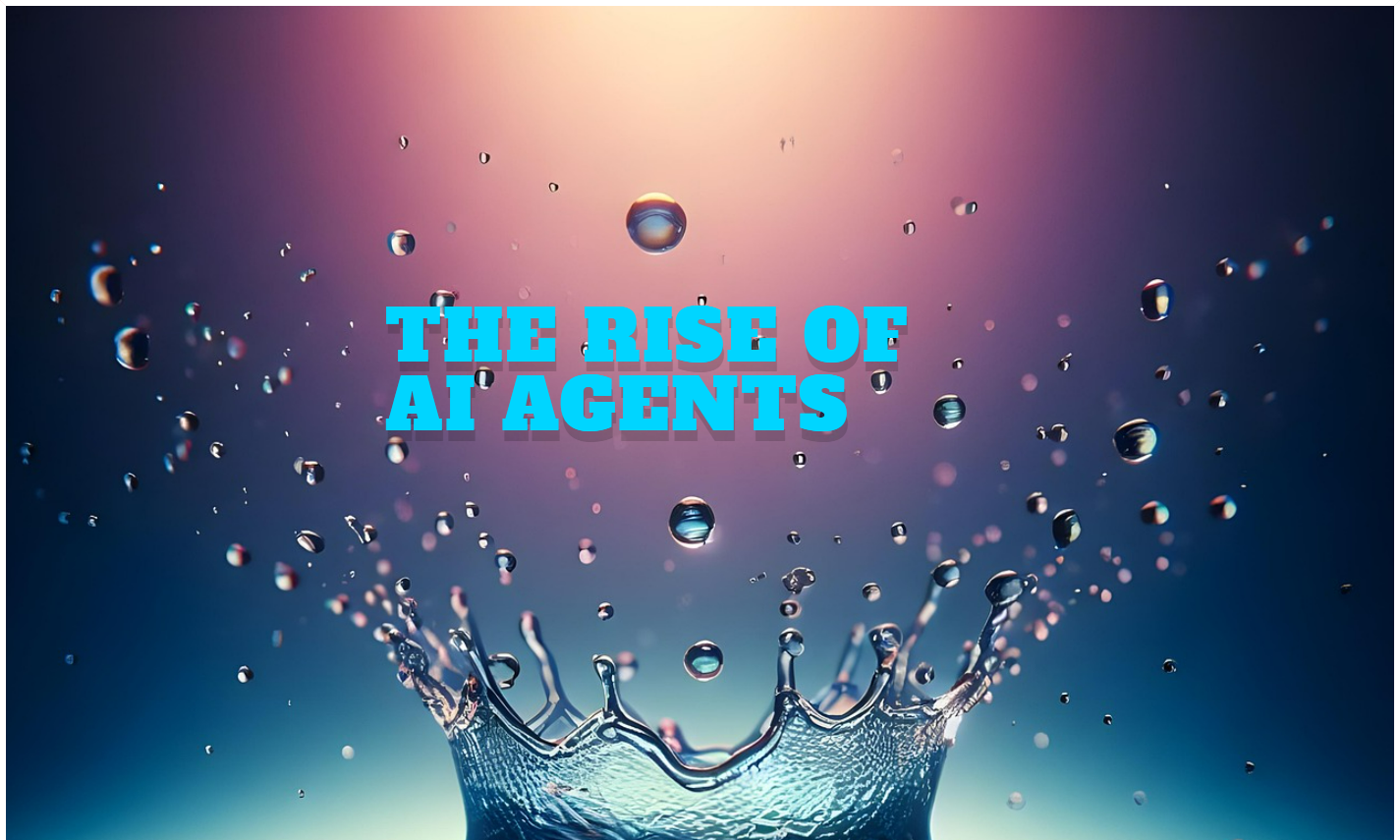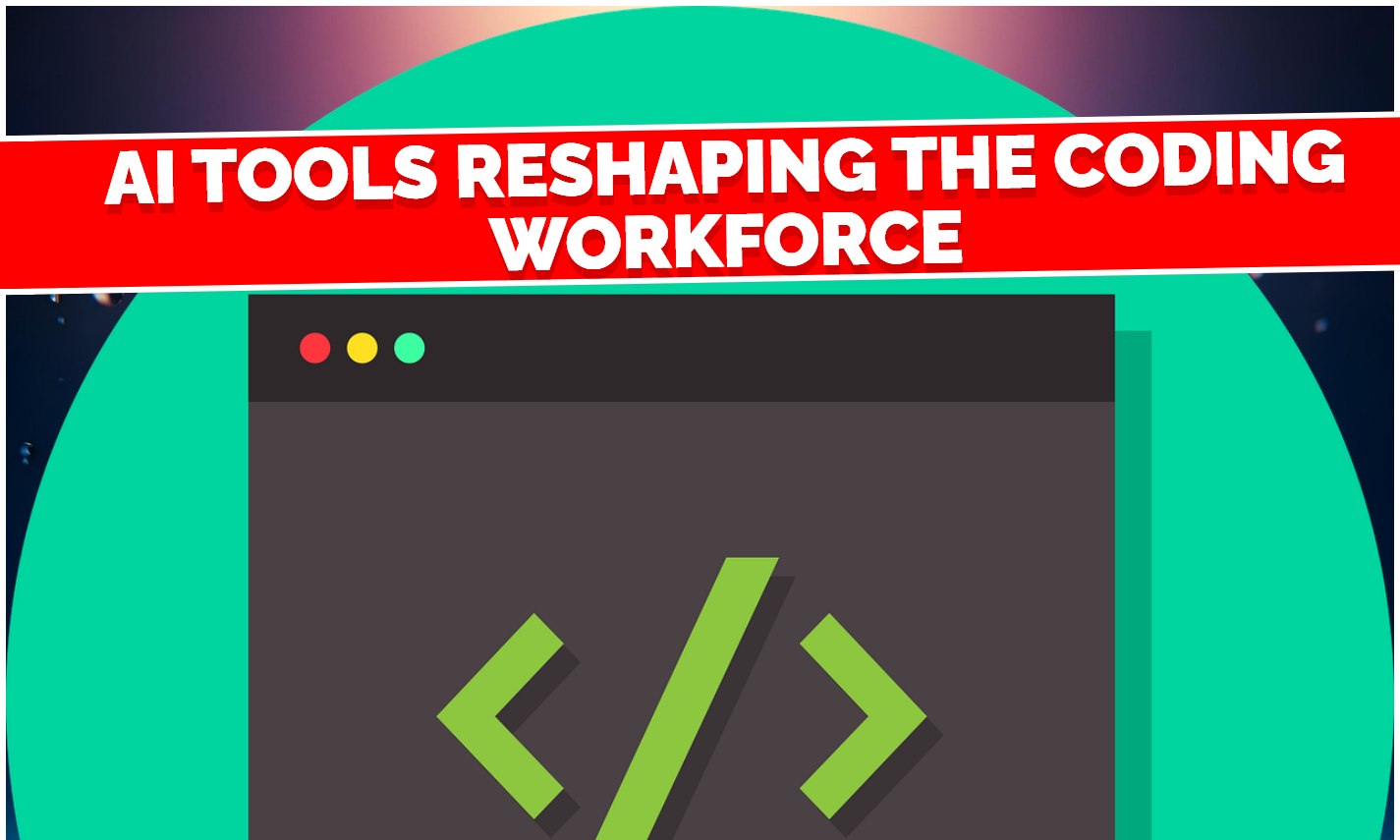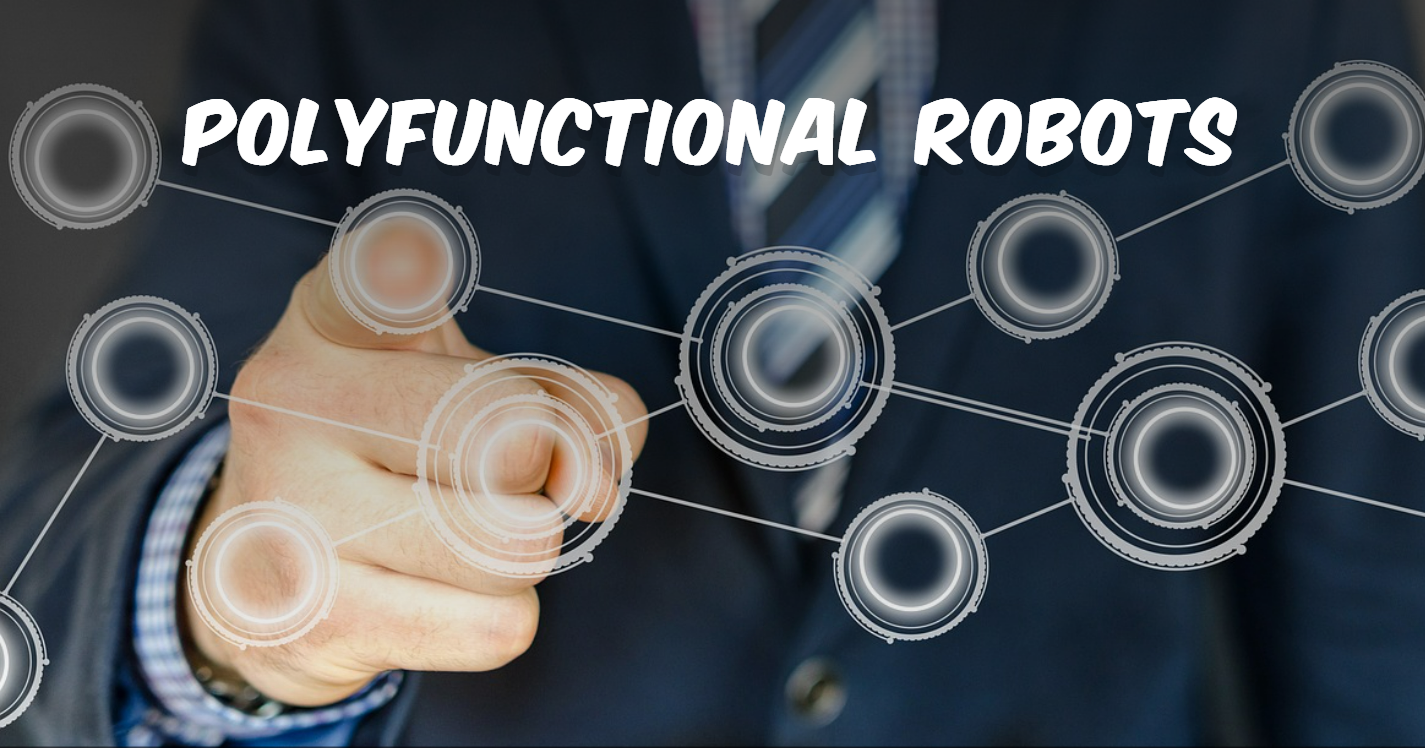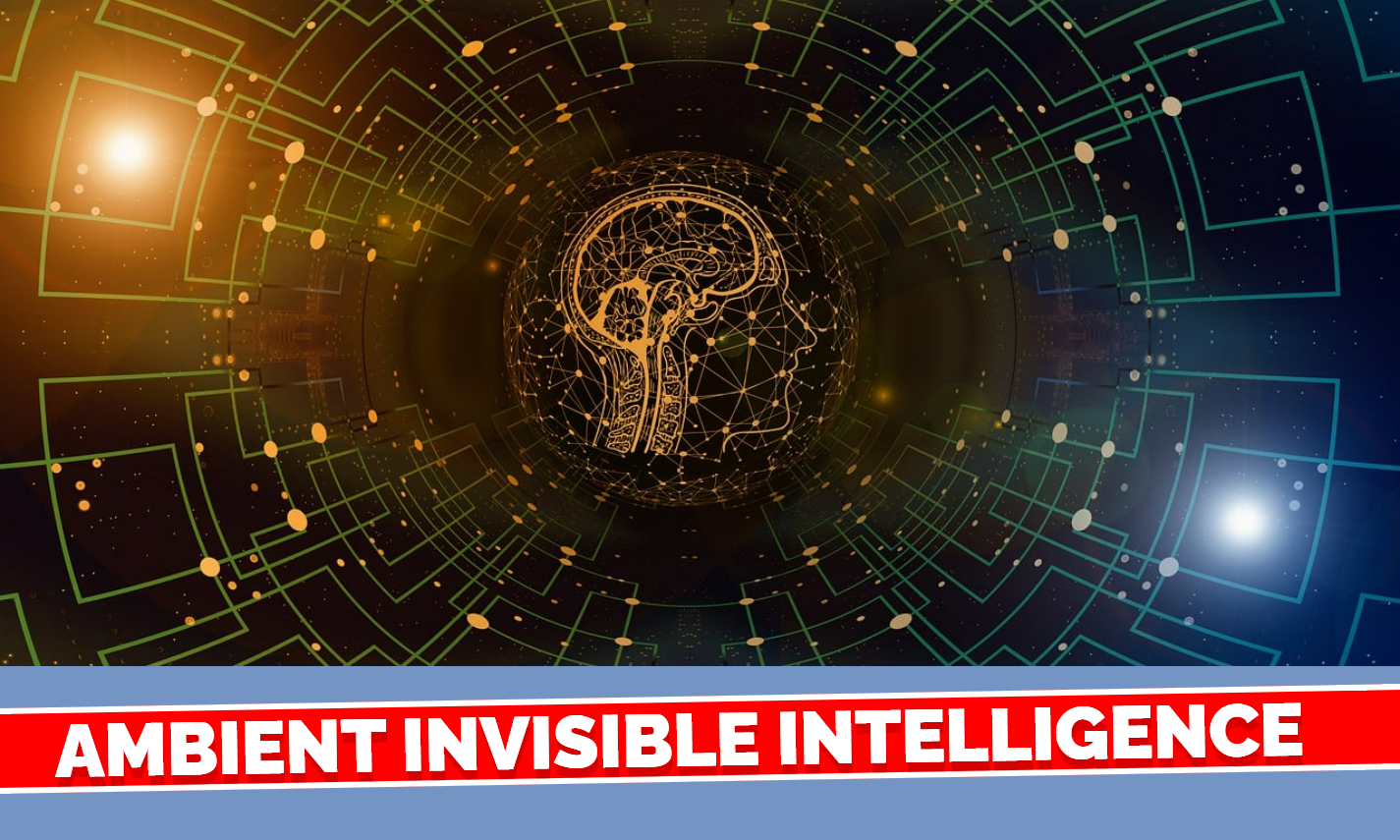Artificial Intelligence (AI) is rapidly advancing and changing the way we live and work. From healthcare to transportation, from manufacturing to finance, AI is transforming industries and creating new opportunities.
Here are some ways AI is likely to change the world in the future:
- Automation: AI is expected to automate a significant portion of jobs, freeing humans from repetitive and mundane tasks, allowing them to focus on more creative and strategic work. This will increase efficiency and productivity in the workplace, enabling companies to allocate resources more effectively and achieve their business goals.
- Improved Healthcare: AI has the potential to revolutionize healthcare by providing personalized treatments and diagnostics based on individual genetic makeup, medical history, and other factors. AI can help doctors to diagnose diseases more accurately and provide patients with tailored treatment plans, improving health outcomes.
- Enhanced Safety and Security: AI can be used to detect and prevent crime, fraud, and terrorism. It can also help emergency responders in disaster situations by quickly analyzing and providing vital information. AI can monitor public spaces for potential threats and provide security teams with real-time information, allowing them to respond more quickly and effectively.
- Sustainable Development: AI can help us to manage resources more effectively, from energy conservation to waste management, reducing environmental impact. By analyzing data and making predictions, AI can help companies and governments make informed decisions that promote sustainability and reduce the environmental impact of their activities.
- Improved Education: AI can assist in providing personalized and adaptive learning experiences, making education more accessible and effective. By analyzing student data, AI can provide teachers with insights into student progress and offer customized learning experiences that meet the needs of individual students.
- Advancements in Transportation: Self-driving cars and drones are expected to revolutionize transportation, making it safer and more efficient. Self-driving cars can reduce accidents caused by human error, while drones can be used for transportation and delivery of goods in areas that are difficult to access by traditional means.
- Breakthroughs in Science and Research: AI can analyze vast amounts of data and make predictions, helping scientists to make discoveries and advance research in a range of fields. AI can assist in the development of new drugs, materials, and technologies, and help researchers to better understand complex phenomena.
However, AI also raises ethical and social concerns, including job displacement, biases in decision-making, privacy, and security issues. It is important that we carefully consider and address these concerns as we continue to develop and deploy AI.
Overall, AI has enormous potential to transform our world for the better. As we continue to advance and innovate in this field, it is essential that we prioritize responsible and ethical AI development to ensure that these benefits are realized.









Code de parrainage Binance
Thank you for your sharing. I am worried that I lack creative ideas. It is your article that makes me full of hope. Thank you. But, I have a question, can you help me?